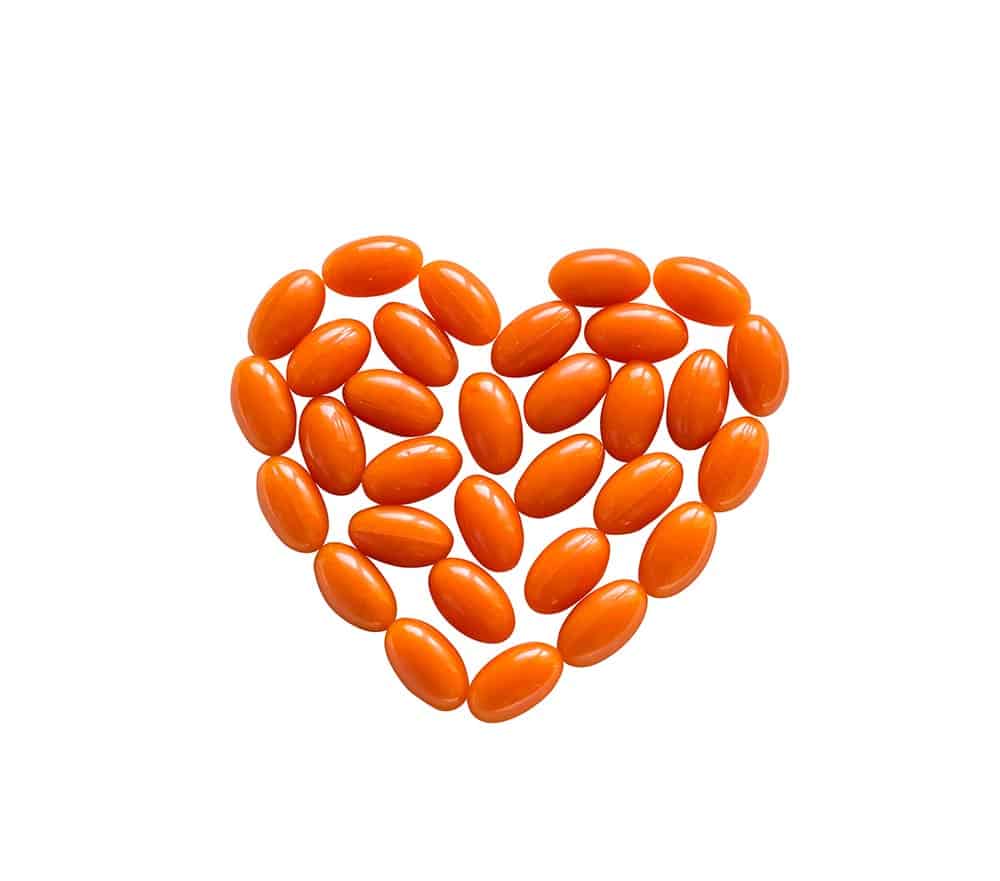The Importance of CoQ10
Coenzyme Q10, also known as Ubiquinone and CoQ10, is a vitally important component to our body’s production of ATP, our energy source. Every cell in the body needs energy to keep our bodies functioning properly. Enzyme molecules such as CoQ10 support chemical reactions in the body that produce this essential cellular energy.

CoQ10 also functions as a powerful antioxidant that can protect the body from free radical damage. Free radicals have been implicated in a variety of illnesses, including heart disease and cancer. By helping to neutralize these free radicals, CoQ10 can help prevent and treat a number of different health conditions.
The body can actually make some of its own CoQ10 but research shows significant benefits with supplementation. As CoQ10 declines with age, the elderly in particular may have increased CoQ10 requirements. Another risk for CoQ10 deficiency is patients who take cholesterol-lowering medications also known as “statins”. These medications will deplete CoQ10 inside the heart muscle by inhibiting an enzyme responsible for the production of cholesterol as well as CoQ10. Other medications that deplete CoQ10 are beta-blockers, phenothiazines and tricyclic antidepressants.
The use of CoQ10 for cardiovascular disease prevention and treatment is impressive. CoQ10 increases energy production in the heart muscle cells and therefore supplementation will improve contractility of the cardiac muscle, increase antioxidant activity within the cardiovascular system, lower blood pressure, and improve heart muscle performance.
Clinical research has demonstrated CoQ10 may benefit the following conditions:
- Cardiomyopathy
- Arrhythmias
- High blood pressure
- Angina
- Congestive heart failure
- Mitral valve prolapse
- Protection during cardiac surgery
Promising studies have also shown CoQ10 may benefit other conditions, including cancer, diabetes, muscular dystrophy, periodontal disease, and Parkinson’s disease.
Another area of interest where CoQ10 may be of value is with infertility. Scientists at the University of Toronto say they were able to rejuvenate “old, retired breeder” mice eggs by injecting them with CoQ10 – spurring more eggs to develop and the quality of the eggs were as genetically normal as the eggs of mice in their prime. It is difficult to translate animal research into humans. But this latest research looks promising and safe enough that researchers have approval through Mount Sinai Hospital to test the treatment for two months in 50 women over the age of 35.
Coenzyme Q10 is generally well tolerated with no significant side effects that have been reported with short or long-term use. Many health care experts recommend supplementing CoQ10 at dosages ranging from 30 to 300 mg per day depending on their individual health concerns.
References
Alternative Medicine Review – Coenzyme Q10 – Monograph. Volume 12, Number 2. 2007.
Gaby, Alan R. Nutritional Medicine. Concord, NH: Fritz Perlberg Publishing, 2011.
